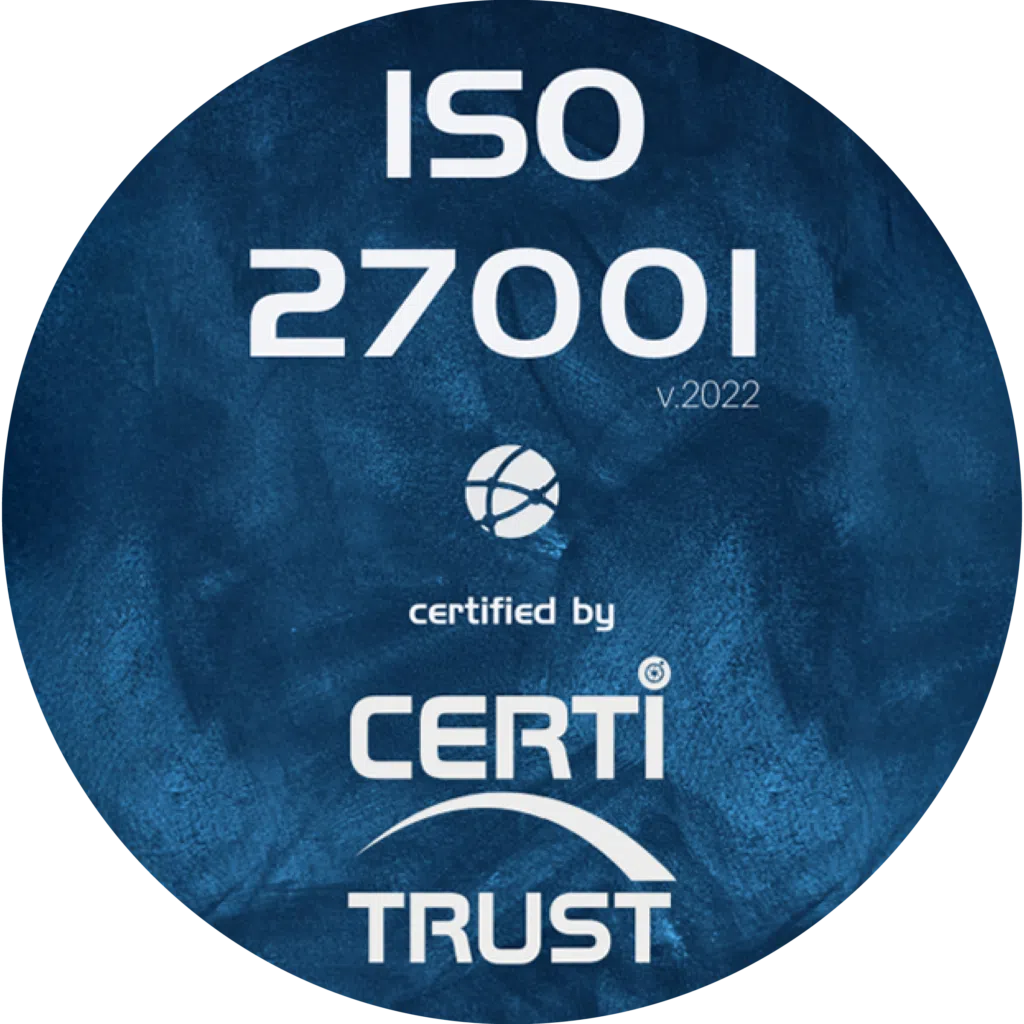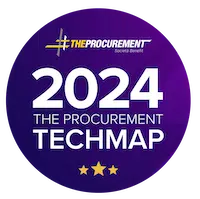Purchasing management is increasingly becoming an essential strategy for ensuring the smooth running of a business. When properly optimised, this strategic function can smooth out the ups and downs of the market. With proper optimisation, you can reduce unnecessary risks to your business, such as uncontrolled purchases. The management of purchase orders is both controlled and perfectly planned as part of a purchasing performance approach that your company must adopt.
Find out more about the benefits of good purchasing practices, and don’t be in any doubt about the importance of optimising purchasing with this article.
The main benefits for your company
Optimising purchasing can bring considerable benefits to your business. For example, you can benefit from
- Considerable time savings on time-consuming tasks. The cost of placing purchase orders will undoubtedly fall.
- Good risk control thanks to the anticipation and control of purchase order management. Transparency and centralisation guarantee greater visibility.
- Control over expenditure, an undeniable advantage of optimised purchasing management . Having visibility over expenditure means you can draw up an accurate budget. And to monitor and administer it as soon as purchase requests are made.
- An improved purchasing strategy. Optimising purchasing, and automating it in particular, means you can concentrate on value-added tasks such as analysing bids.
- Improving the purchasing process promotes quality of life in the workplace. Procedures are respected, collaboration is encouraged and transparency increases confidence.
It has to be said that optimising purchasing generates benefits for your company. Both internally and with your external partners. The benefits of this optimisation extend to supplier relations.


Optimising purchasing to create a positive influence
A company’s purchasing process can be difficult and time-consuming if you’re not careful. In fact, poor purchasing management can even have an impact on corporate strategy. Ignorance of processes and non-compliance with procedures can have an impact on your company’s production system. And you can’t afford to let your customers down. This is precisely why you must leave nothing to chance when it comes to optimising your company’s purchasing.
A simple way of optimising your purchasing strategy is to draw up supplier contracts. Commercial conditions negotiated according to purchase volume, for example, represent an opportunity for development. One of the main functions of a supplier contract is to secure supplies for your production system, without neglecting costs. But it also helps to improve the relationship with the supplier, because it is based on a partnership.
Optimisation allows you to put in place the prerequisites for your supplier contracts so that you can negotiate them more easily and protect yourself from any risks. This process also promotes performance levers, because it is applied right from the start of order management. Every stage of the purchasing process is improved and generates positive externalities.
Moving towards responsible purchasing
Responsible purchasing is easier to achieve when you are in control of your purchasing process. This means identifying the best suppliers for your organisation. This means turning your supplier relations towards a CSR (Corporate Social Responsibility) approach, which involves respecting its three main pillars during the purchasing process.
Aligning the purchasing function with CSR issues will lead to financial gains. First and foremost, the relationships established with suppliers are healthier and more in line with your own microcosm. The best thing to do is to turn to local suppliers and ensure that transactions are fair.
You also need to look at the social impact, which in principle concerns working conditions. Employees involved in optimising the purchasing process will care about your external employees.
Finally, the last pillar concerns the environment. This means looking for suppliers who are as close as possible to your company and who also favour short supply chains. You’ll then benefit from a faster delivery service and help to reduce your CO2 footprint.
Centralising your company’s purchasing data
Implementing an optimised purchasing policy depends in part on dematerialising processes and deploying innovative solutions. The technology sector is wide-ranging, and there is bound to be a tool adapted to your purchasing function. In this way, you can improve the overall performance of your order management. Using the right software makes it easier to centralise your basic data and order lists. You can carry out a functional analysis of your departments and improve your purchasing/supply system.
Optimising your supplier database, or supplier panel, enables you to prioritise the services they offer and arbitrate the prices charged. It is more advantageous to limit the number of suppliers in your company. This makes it easier to negotiate judicious supplier contracts and partnerships.
Rationalising the number of suppliers is essential to optimising the purchasing process. It is important to carry out a qualitative offer analysis on a reduced sample of suppliers. In this way, you can optimise your purchase order management.
With these arguments, there is no longer any doubt about the importance of optimising purchasing for the management of your business. You can use purchasing management software to make your job easier. Weproc is a SaaS software package developed with this in mind.
Want to learn more about our Weproc procurement management software?
Contact us or request your 15-minute demo below!









